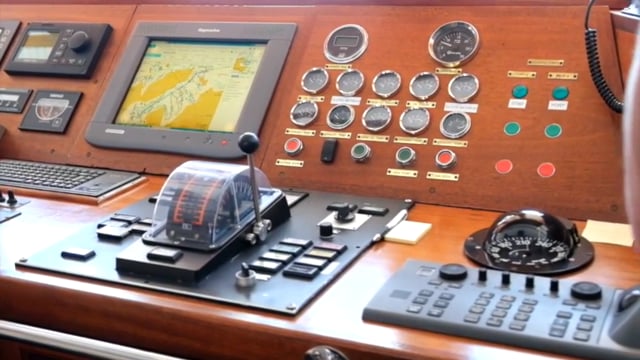[WATCH] Prime Minister visits private mission setting sail to save lives
Joseph Muscat says migration needs a similar ‘Bretton Woods’ agreement’ setting up global institutions






Prime Minister Joseph Muscat has called for an agreement – similar to the Bretton Woods agreement – that would give rise to global institutions leading to the setting up of new rules dealing with asylum seekers and economic migrants.
Muscat was speaking to reporters following a tour of the 40-metre Phoenix, a sea vessel used in a privately funded humanitarian project to prevent migrant deaths in the Mediterranean seas.
Migrant Offshore Aid Station (MOAS), founded by Regina and Christopher Catrambone, will be setting sail tomorrow. In its first operation last year, MOAS saved 3,000 lives in 60 days. The rescued migrants were taken in by Italy.
This year MOAS teamed up with Médecins Sans Frontières (Doctors Without Borders) who will be responsible of the clinic on board the Phoenix and providing medical assistance to rescued migrants.
“The solution to the migrant crisis cannot be found in Malta, Italy or Europe but it has to be a global solution. Following the end of World War II, countries established the Bretton Woods agreement and today there needs to be a similar agreement focusing on this humanitarian tragedy,” Muscat said.
The Bretton Woods agreement was a landmark system for monetary and exchange rate management established in 1944 which led to the formation of the International Monetary Fund and the International Bank for Reconstruction and Development and the proposed introduction of an adjustable pegged foreign exchange rate system.
According to Muscat, a similar model for migration would provide a set of rules and promoting a legal and legitimate way for people who aspire to improve their lifestyle by going elsewhere.
He pointed out that the while he was “sensing” a change in EU attitude towards the issue of migration, yet not all member states are on board with the proposal of burden sharing. Although some member states were reluctant to take in migrants, a redistribution system would ultimately benefit those same countries who today are seen as the migrants' targeted destination, Muscat said.
The Maltese Prime Minister praised MOAS for its efforts, explaining that “any added assets are welcome news, obviously”. He however warned that no private mission or one organised by NGOs should ever be a substitute to what governments and states should be doing.
“I totally disagree with the idea of writing a cheque for private enterprises and NGOs to do what governments and states should be doing,” Muscat said in reply to questions. “I think no one should or can abdicate from doing all this. It is our responsibility, Europe’s responsibility, to save lives. If there are private enterprises and NGOs that want to complement this work as an add-on, so be it but it should never be a substitute.”








.jpeg)
.jpg)









